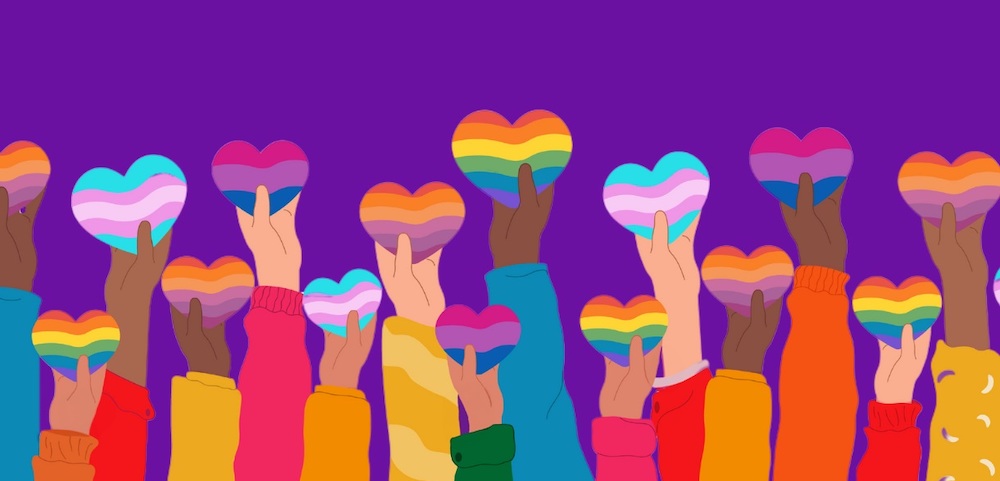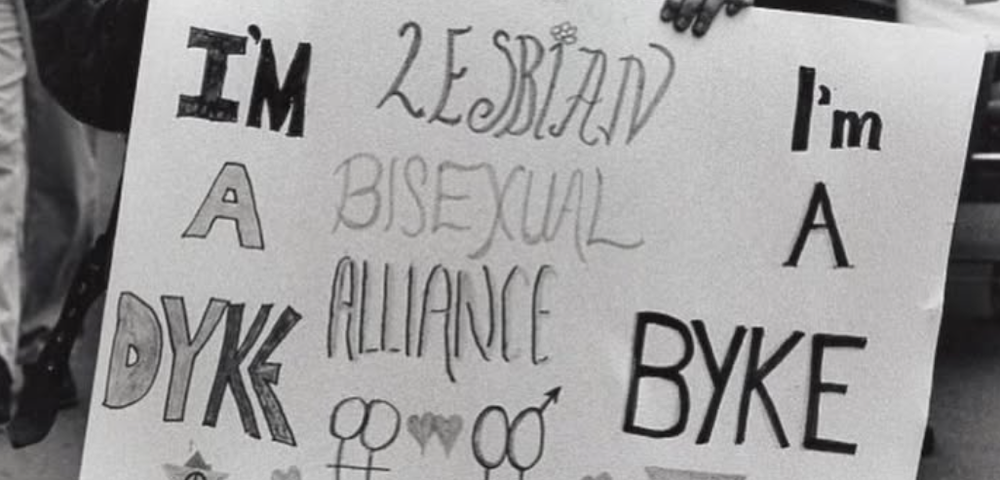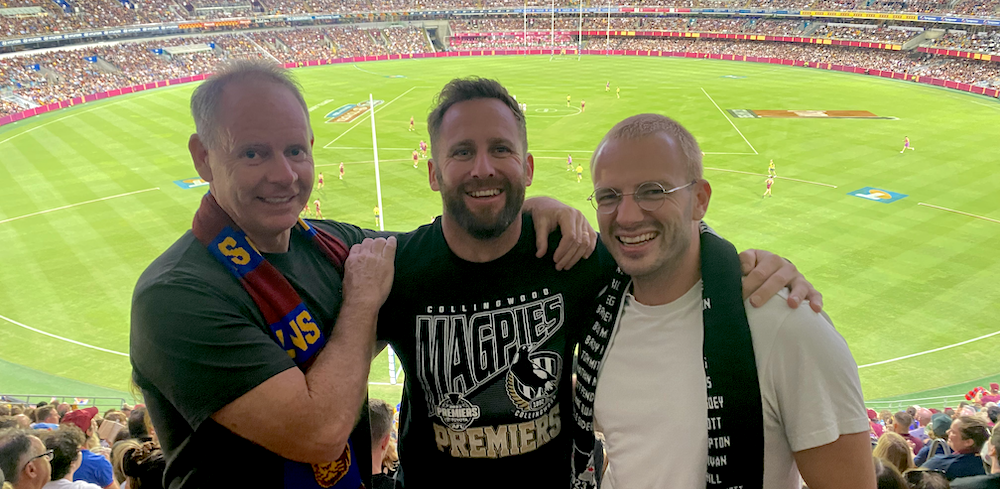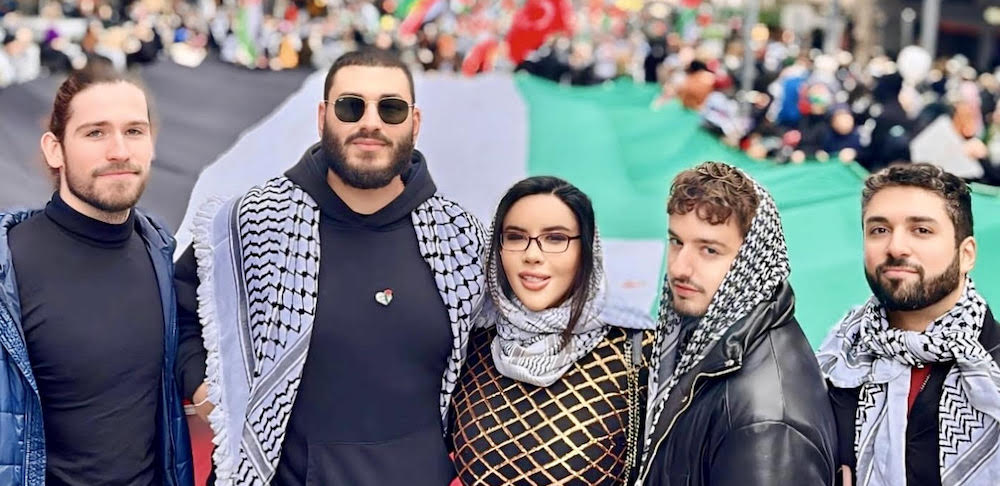
The Malaysia (non) solution
When did it become politically palatable to disregard the human rights of refugees? The federal Government’s Malaysia Solution undermines our responsibilities under the Refugee Convention by transacting asylum seekers as if they are trading goods.
Malaysia is not a signatory to the Refugee Convention, nor does it have a statutory framework that recognises refugees. Amnesty International released a report in late 2010 reporting on numerous incidents of caning and congestion in detention facilities in Malaysia.
Let us not forget about asylum seekers who flee persecution on the basis of their sexual orientation or gender identity. Malaysia still criminalises homosexuality. Many LGBTI asylum seekers flee persecution in Malaysia and seek refuge in Australia.
In a recent case, a transgender woman from Malaysia was granted refugee status in Australia on the basis that being unable to change her identity documentation and access employment would result in her inability to subsist.
With this in mind, it seems absurd that LGBTI asylum seekers could be potentially returned to the country from which they flee.
Humanitarian considerations aside, the economics suggest a cheaper more efficient alternative exists in onshore processing. Punitive border protection measures do not address the causes (ie persecution) that forces individuals to flee and seek asylum, particularly by boat. It is also worth mentioning that more than 85 percent of asylum seekers who arrive by boat are found to be genuine refugees. In comparison, most asylum seekers arrive by plane, and only 20 percent are granted asylum.
If this is the case, then surely our concern for protecting our borders should be focused on the skies, rather than the seas?
Often people feel troubled by the idea of boat arrivals being “queue jumpers”. However, the mythic “queue” that people demand asylum seekers wait in does not exist.
It is legal to seek asylum, even by boat. If we demanded that asylum seekers “wait” in resettlement camp (which a specific form of humanitarian processing), it would be a 135 year wait for the resettlement of all refugees. Not to mention these camps are not accessible or available in countries where people face persecution.
Does it seem reasonable to force such a “queue” upon people who are fleeing terror, violence and war?
If we are committed to a more ethical and regional solution to processing asylum seekers, particularly those who flee on the basis of homophobia and transphobia, we must get things right here in Australia, and not try to outsource our international obligations to another country.
By SENTHORUN RAJ, NSW GLRL










Senthorun, cannot agree with you more… as a parent, a human, what desperaton would allow a parent to place their child on a leaky boat? Obviously it means it is enevitable that there will be no change for the future of their children… a leaky boat is the chance of a life a better life for their children/themselves. As a mother living in the lucky country I can say empathically that to give my child a better future or should I say any future I would do anything. It must be unendurable to think that you have got away, crossed the ocean only to arrive in a detentions center after all that has been endured, or should I say survived…To think that you are free… only to find out that you aren’t… limbo and back to a third world “mentality” for you… Every country has it’s own “riff raff”/”terriorists” the ones that we inherited… they didn’t come in on a leaky boat..Real people need to find their voice. Real people need to speak and stop baa baaing along with the rest of the sheep.. All any one needs to do… IMAGINE IF IT WAS YOU!!